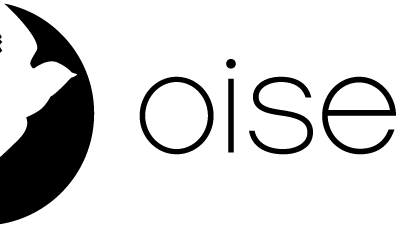R: Okay. It was important that we touch on some of the heavier topics happening to the trans community these days, but I promised that this piece wouldn’t be a total bummer fest. So let’s pivot a bit for the last few questions…
What is your most memorable racing moment?
J: I was training for the Baltimore Run Festival Half Marathon when I was sidelined in 2021 by breaking my ankle. When race day came, I met up with a bunch of friends from various local run groups, and we set up camp at Mile 16, handing out water and lots of fun snacks. It was the first day that I was able to walk around without using crutches, and I had a blast showing off my unassisted walk and cheering on so many runner friends as they trudged through the race. When we met up for the post-race party later, everyone was celebrating my lack of crutches for the first time in two months, and it was just such an amazing moment of celebrating every milestone, even if you never make it to race day.
A: There’s plenty to choose from, but I think my favorite memory wasn’t the fastest race, but just running the first half of the Buffalo Marathon with my friend in 2019. We chatted and laughed a lot and while I was trying to settle in quietly for a PR it wouldn’t come to play. I had a blast the rest of the race just vibing and enjoying the crowd through the struggles.
R: Favorite flystyle or fabric? Thought the fabric option might help if you can’t choose just one.
A: I love the Flyout stuff. I admittedly get really warm really quickly, so even in the spring I opt for super light layers and this stuff does the job of keeping me warm, but also keeping me cool in those “in between” temperatures. At least for me. Then again, I've raced in single digits temps with shorts on so I'm not one to base relative temperatures against.
J: I’ve had the Lux Mock Neck Jumpsuit in my cart for weeks and I just need to get on that and buy it already! For a run, I am usually throwing on Long Roga Shorts in Black which are the perfect length for those of us cursed (#blessed) with longer legs.
R: A quote that gives you life.
J: I’ve been really into the song “It’s a Good Day to Fight the System” by Shungudzo. It’s a great beat and harmony, and the lyrics are super empowering. “My head is on straight, my heart is at peace, my soul is incredibly ready to change history, it's a good day to fight the system.”
A: I've been playing a bunch of Final Fantasy XIV lately and the main theme, Endwalker - Footfalls by Masayoshi Soken, toward the end has the lyrics "We won't be afraid to forge ahead. Fearless hearts ablaze, No more time to waste. No, it's not too late to forge ahead." And it dawned on me recently, with some things I've been working through, it's been impactful to me on a subconscious level.
R: Wow, this Google doc is now seven pages long! Thank you both so much for your patience with all of these questions and your openness in answering. Oiselle is lucky to have you both as a part of our community, and we’re so glad you’re here.
MORE RESOURCES
“Transgender Athletes Rights are Human Rights,” Some Work All Play podcast by David and Megan Roche. A great listen for those new to the subject.
TransAthlete.com, powered by trans athlete Chris Mosier. Includes resources on trans inclusion policies in sport, a regularly updated tracker on anti-trans legislation in the U.S., resources for allies, and much more.
How sport conditions the hearts of both trans and cisgender athletes, a short video by athlete and poet Andrew Gibby.










